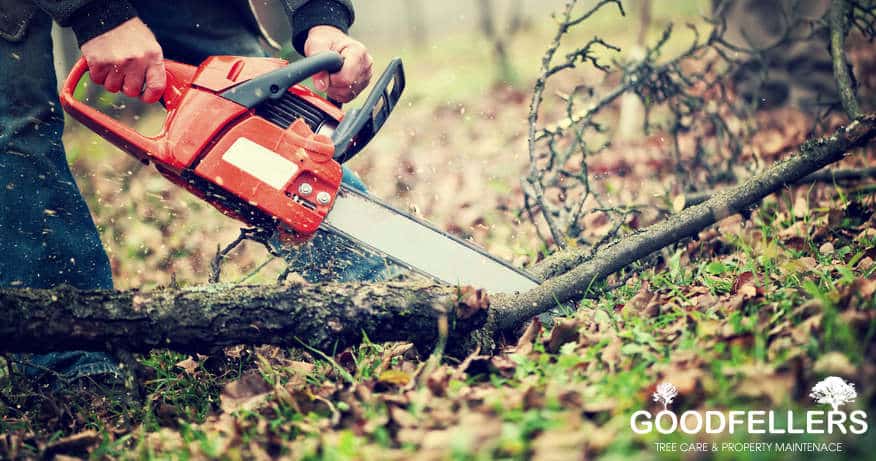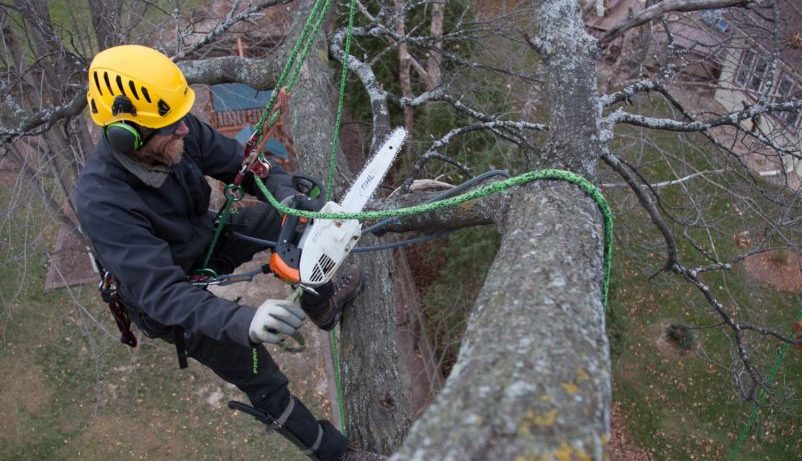When you’re looking for experienced Kilberry tree planting, look no further than Good Fellers Tree Services.

We provide a wide range of tree care services to private commercial clients throughout Kilberry. With 14 years’ experience in arboriculture we possess the tools, skills and expertise needed to provide a first class tree care service. From tree pruning to felling to planting, the team are best-placed to meet your Kilberry Tree Surgery needs.
Great Value for Money in Kilberry and surround areas.
Good Fellers is a team of expert tree planting that have a long history in providing an efficient and cost effective tree surgery service in Kilberry.

We offer a full range of local tree care services from tree shaping to tree planting with all works certified to Irish Standards.
The scope of our services include
- Tree Felling Kilberry, Tree Cutting Kilberry and Tree Removal Kilberry
- Stump Grinding Kilberry and Stump Removal Kilberry
- Tree Surveys and Reports
- Tree Pruning Kilberry and Hedge Trimming Kilberry
- Crown Lift, Crawn Reduction Kilberry and Crawn Thinning
- Site Clearance Kilberry and Management
- Tree Pollarding Kilberry
- Ivy Removal
- Emergency Call Out Tree Service Kilberry
- Tree Relocation and Reinstatement
- Protective Guards for Trees
- Japanese Knotweed Removal
- Supply and Planting of a variety of Trees and Hedges
- Split logs, fire wood, chip bark and mulch all supplied
- Climbers, Vines and Fruit Tree Pruning
- Supply of Railway Sleepers
In addition we offer a tree care consultancy that can help you with expert reports for mortgage or insurance companies and can help with applications to work on trees that have a Protected Tree Order (PTO).
We draw on the hands on experience and knowledge gained in over fifty years of arboriculture and use the latest equipment and techniques to provide a first class service at an affordable price to suit any budget.
Good Fellers tree planting consistently gains top feedback from its clients in Kilberry.
This is a result of the team’s ability to deliver a high-quality service that represents great value for money. We believe that our customers deserve the best service possible. However, we also believe that you shouldn’t have to pay over the odds for it. This is why we strive to keep our prices as affordable as possible. To learn more about Good Fellers tree planting services or to discuss your needs with one of the friendly team contact us. Call us now.
Useful Links: Garden & Landscape Designers Association, The National Gardening Association, Royal Horticultural Society of Ireland.
Basic Tree Maintenance Tips
Trees can often be taken for given but intense weather can take its toll. It is necessary to keep trees healthy and attempt to prevent diseases or weather condition damage.
One of the very first things you can do is learn more about the trees you want to look after and their particular requirements. If you’re not exactly sure about the kind of tree you have, there are lots of resources online to help you, such as the Forestry Commission Tree Name Trail. When looking into trees, the main things to look out for are:
- Kind of soil required
- Amount of water required
- Particular level of sensitivities (drought, water, wind, etc).
As soon as you understand more about your trees, follow these 5 tips to keep your trees resilient and healthy.
Protect the roots.
Focus on the zone around a tree up to where the branches extend. Roots can extend beyond this zone but this is the area where roots are more delicate. The key is to make sure that the soil is not too compact so that roots can keep soaking up water and oxygen.
Safeguard the bark.
Think about the bark as an armour that secures the tree. Securing the tree bark will prevent infections, diseases or insect activity. Keep an eye out for prospective dangers that might harm tree bark, including:.
- Vehicles: trees near roadways or driveways can suffer hits from tall vehicles. Get rid of lower branches to avoid damage and make certain trees show up at night.
- Lawn sprinklers: a spray of water that over and over again strikes bark at the exact same place can trigger damage. If you utilize sprinklers to water your lawn, ensure these don’t directly hit trees.
- Branches: branches rubbing versus each other can cause damage to the bark. Prune branches properly so branches do not get braided.
- Lawn devices: wear; t get lawn devices near the tree trunks as this can trigger serious damage to the bark.
Water effectively.
Trees usually flourish well in existing wetness conditions and do not require any additional watering. However, depending upon your local climate, you might need to water your trees during extended periods of drought. If you do need to water trees in the summer season, an occasional deep watering is chosen to a regular misting. In winter season trees shouldn’t require any watering.
Prune appropriately.
We’ve previously blogged about pruning trees as it’s a crucial part of tree upkeep. It’s something you can do yourself if you understand exactly what you are doing, otherwise you can always hire an expert. The main things to keep an eye out for are:.
- Crossing branches: eliminate the smaller branch so the stronger one can grow without being damaged.
- Broken and dead branches: a clean cut will help the tree recover.
Low branches: remove branches that are low and are prone to damage (i.e. by an impact). You can also remove low branches for visual purposes.
Keep soil healthy.
There are 2 ways you can make certain that the soil around your tree is abundant in nutrients.
- Use mulch. Spread out a layer of mulch around your tree, about 2 to 4 inches thick. The mulch does not need to touch the trunk.
- Plant yard or some kind of ground cover. Dead plant product will decay in the ground and improve the soil. Ensure your plants can flourish in the shade and that their roots do not take on the tree.
Nearby Areas That We Cover:
Kilberry (Scottish Gaelic: Cill Bheiridh) is a village in Argyll and Bute, Scotland. It is close to the western coast of the district of Knapdale.
Kilberry Castle, just to the west of the village, was built in 1497 as a L-plan castle by a cadet branch of Clan Campbell. The castle was destroyed by an English pirate in 1513. The ruins were incorporated into the present mansion, built in 1844 by John Campbell and enlarged in 1871.
A group of sculptured stones, in the care of Historic Environment Scotland, are on display in a purpose-built shelter in the grounds of the castle. The stones, which include cross-slabs and medieval grave markers, originally came from the medieval parish church, which was destroyed in the 17th century.
Coordinates:
55°49′11″N 5°38′53″W / 55.81972°N 5.64806°W
